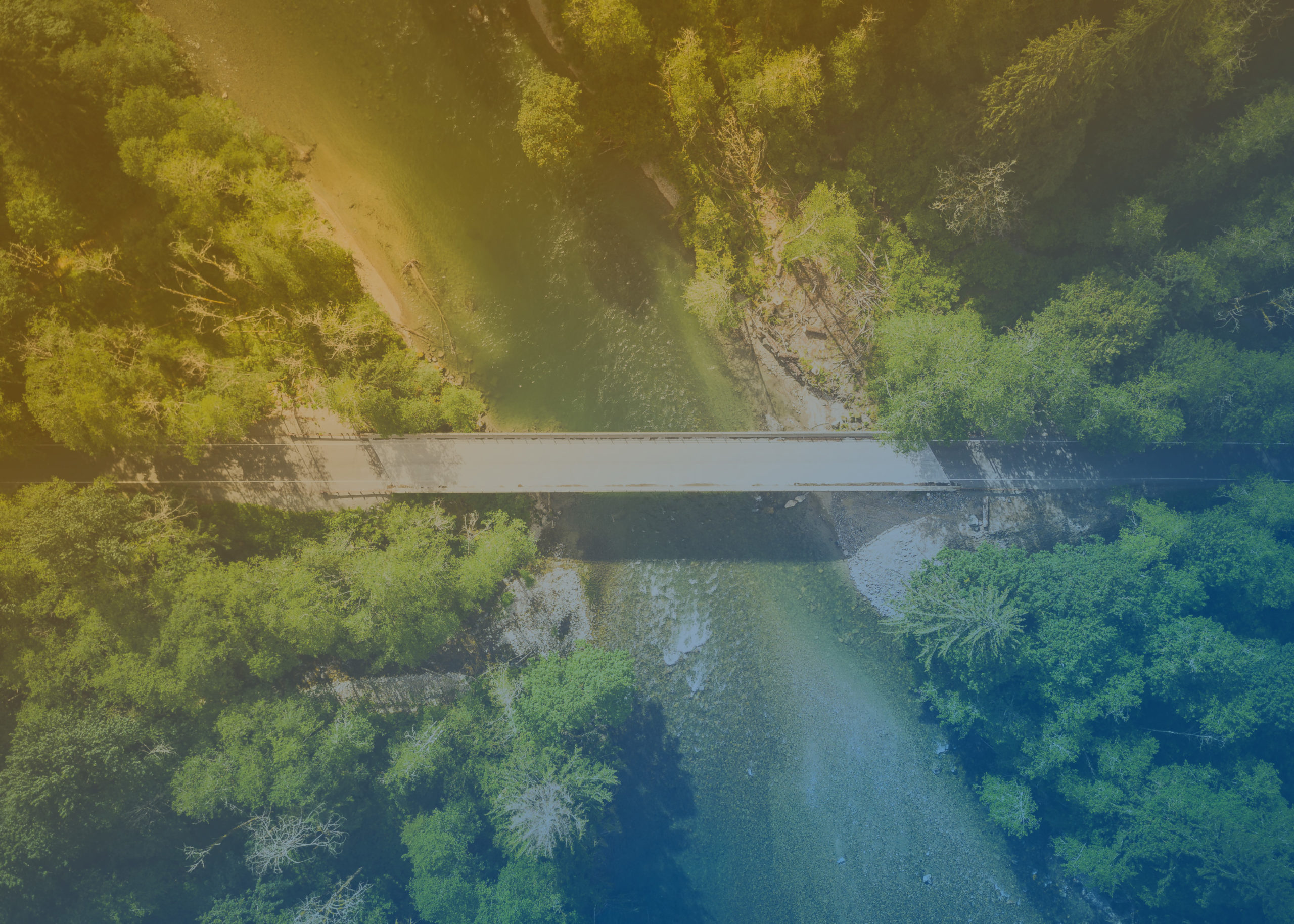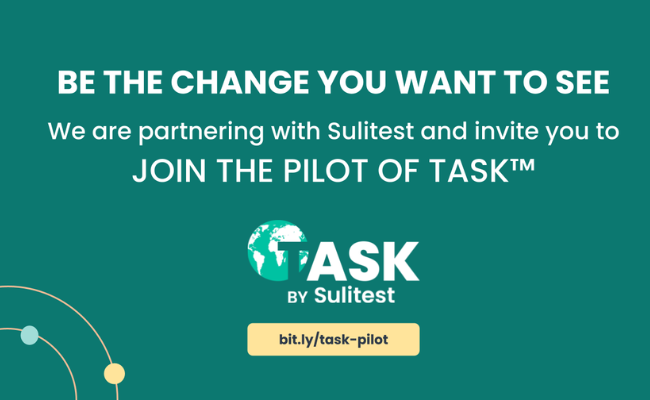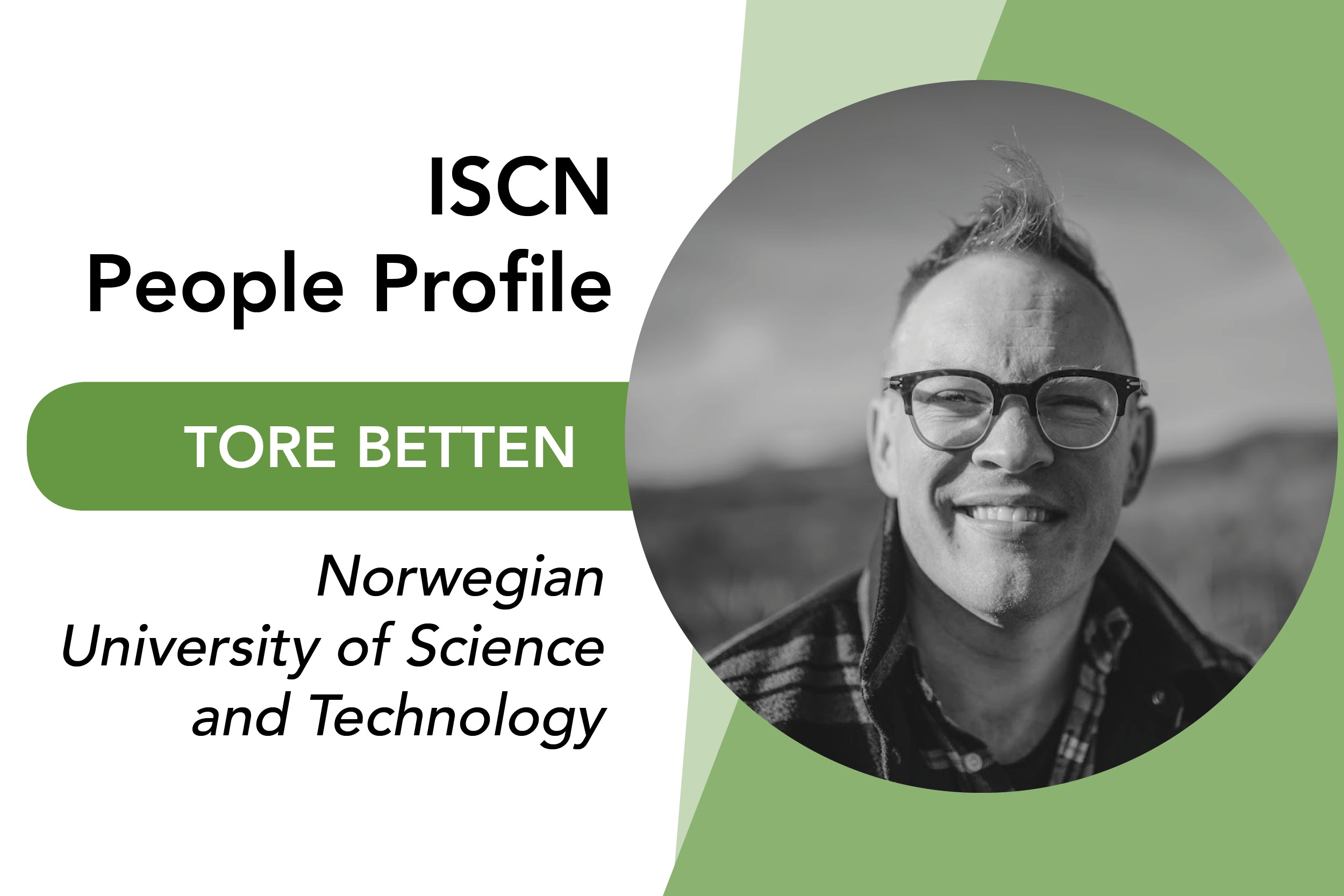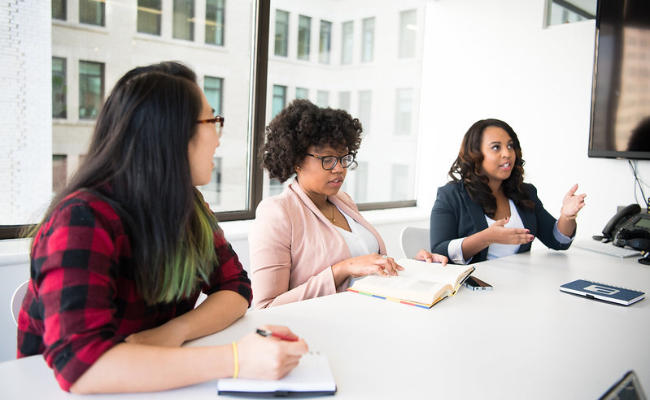Symposium on Interdisciplinarity for the Net-Zero Transition
Only by joining forces and mobilising all disciplines and parts of the research ecosystem, can we tackle the challenge of the #NetZero Transition.
Register now for the Symposium on Interdisciplinarity for the Net-Zero Transition that ISCN is co-organising with Science Europe, CESAER, the European University Association, UNICA, and Strathclyde University: http://scieur.org/cop27-symposium-registration
🗓️ 3 November
⌚️ 14:00-17:00 Central European Time (UTC+1)
TASK by Sulitest
We are partnering with Sulitest in #ChangingEducation
TASK™ – The Assessment of Sustainability Knowledge – is a radical new online certificate! By taking TASK, you
🎓 incite universities to accelerate education for sustainability
💼 show recruiters sustainability is important for you
🚀 raise the bar of sustainability knowledge worldwide
To make TASK a success, Sulitest needs volunteers to join the TASK Pilot during October 31 - November 18, 2022
Sign up here: bit.ly/task-pilot
By joining the pilot, you will
🎉 Receive a voucher in Spring 2023 to complete the official TASK™ certificate once launched
🙌 Be recognised with a TASK™ Pilot Study Participation Recognition that can be used to communicate your key role in developing this international
standard
📚Prepare for the official TASK™ since the pilot will have the same shape as the future assessment
#TASKbySulitest #ChangingEducation #ChangeEducation
Tore Betten
Tore Betten is a senior advisor at the Norwegian University of Science and Technology, in the Division for Governance and Management Systems. His role is to coordinate the measures NTNU use to reduce their collective carbon footprint.
Big Idea(s) for Advancing Sustainability in Higher Education
Is there one thing you know now that you wish you had realized 5 years ago related to your work?
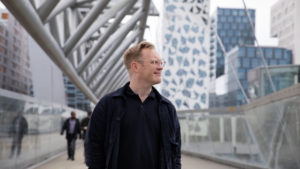
I wish I had understood earlier how serious the climate crisis was and is. I had been fairly environmentally conscious in my private life, while having jobs that required a lot of air travel. My climate concerns slowly started impacting my career plans. At some point, I realized I was spending so much time on trivial assignments and commuting by plane an embarrassing amount - I’ll never be able to compensate for the amount of flights I’ve taken, although I will try! I wish I had realized this earlier in my career. But like other things, a certain amount of life experience and maturity was needed.
Leadership and Inspiration
What does excellent leadership look like to you?
I see excellent leadership as a combination of three dimensions. First and foremost, the ability to inspire. This is incredibly important in our field, because reality isn’t always accepted by those around us. A leader has to communicate messages, paint pictures, and plant seeds, and do all of this in heterogeneous contexts. Second, the ability to lift people up and give them the freedom to find their own way forward, while being willing to step out of the spotlight as a leader themself. Third, as a former health and safety professional, I think the ability to create a positive and healthy work environment is the alpha and omega. Being able to make work into a place that people want to go to every day will help teams grow, prosper, and reach their creative potential.
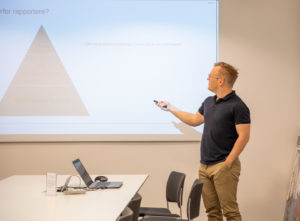
Tenacity and Perseverance
What is the biggest implementation barrier you see, and what would you need to overcome it?
It goes without saying that the climate crisis is complex. Yet I do see a few key challenges, the first being consumption - and more specifically, over-consumption. In my corner of the world, this is absolutely our biggest challenge. If everyone on earth consumed like the average Norwegian, we would need three to four earths to resource us, per year. “Earth Overshoot Day” arrives earlier and earlier each year, and we consume more and more. Culture is really the main barrier here, as well as the accepted idea that economic growth is a key (positive) indicator, and a measure of success. I really think we can get far through developing policies that encourage a longer life of products - both from the production side and the consumption side. This will really require politicians and policymakers to, and for people like me to show that it is possible.
Fun Fact
What is your favourite activity in your spare time?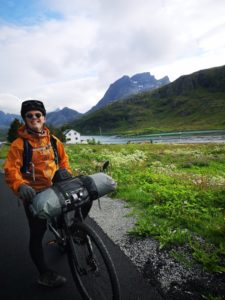
During the pandemic a lot of people rediscovered their own city and country, and the same went for me. I went on so many great bike trips with those in my bubble and went to places in Norway that I had never been. In year 2 of the pandemic, I biked every day for more than half of the year. One of my favorite trips was a 520 km trip through the Lofoten islands. Admittedly, “white nights” during the summer definitely facilitate being outside! But I am thinking about winter tires this year…
Student Leadership, Community & Entrepreneurship for Sustainability
Webinar for ISCN Members only or by invitation
Date: November 29, 2022
Time:
9-10am Eastern Standard Time (UTC-5)
Check the start time in your time zone and download a calendar link for this event.
Details: This is the second of four webinars based on the forthcoming “Bloomsbury Handbook of Sustainability in Higher Education: An Agenda for Transformational Change” edited by Wendy M. Purcell and Janet Haddock-Fraser.
The handbook shows that higher education is essential to transformative change for sustainability and delivery of the Sustainable Development Goals. Part One focuses on sustainability as a driver of change within higher education institutions (HEIs), while Part Two examines how HEIs’ sustainability agenda influences and amplifies change beyond the institution. Cases include Aruba, Belgium, Brazil, Canada, Hong Kong, Japan, Lebanon, Nepal, New Zealand, Nigeria, South Africa, Spain, Uganda, UK, and the USA.
This session will focus on students and ways in which three different higher education institutions have worked to create transformative learning communities, develop global leadership by experiential learning, and drive entrepreneurship for green innovation. Speakers at this session are:
- Jan Beyne (Antwerp Management School, Belgium)
- Sally Randles and Helen Wadham (Manchester Metropolitan University, UK)
- Frederick Kakembo, (Ndejje University, Uganda)
Organised by ISCN and Dr. Wendy M. Purcell PhD FRSA, Academic Research Scholar, Harvard T.H. Chan School of Public Health.
Register now on Zoom
The Bloomsbury Handbook of Sustainability in Higher Education pre-order flyer
Save the date for future sessions
Session 3 February 23, 2023, 09:00 Eastern
‘Advancing Sustainability in Fragile Contexts’, featuring authors from Aruba, Brazil, Lebanon, and Nepal
Session 4 May 23, 2023, 10:00 Eastern
‘Strategic Sustainability for Change’, featuring authors from Canada, Nigeria, South Africa, and UK
Transformational Change and 3rd-Way People
Guest post written by Wendy M. Purcell, PhD FRSA, Harvard T.H. Chan School of Public Health
The ISCN Conference 2022 opened with the session ‘Sustainability: A Manifesto for Change and ‘Third-way’ People’ that brought together authors from the forthcoming Bloomsbury Handbook of Sustainability in Higher Education (Editors: Wendy M. Purcell & Janet Haddock-Fraser; due out early 2023). Julie Newman (Massachusetts Institute of Technology, USA) and Shana Weber (Princeton University, USA), authors of Chapter 13 ‘Accelerating Response to a Changing Climate: Solutions Across Scales’, Julio Lumbreras (Universidad Politécnica de Madrid, Spain) author of Chapter 15 ‘University-City Partnerships for Sustainable Urban Transformations’ (co-authored with Jaime Moreno-Serna, Guillermo Palau, Jordi Peris, Valentia Oquendo, Teresa Sánchez-Chaparro, and Carlos Mataix), and Dave Gorman (The University of Edinburgh, UK), author of Chapter 16 ‘Transformational Change: Lessons from the University of Edinburgh (co-authored with Michelle Brown) and I (author of Chapter 14 ‘University Leadership and Governance Enabling Sustainability and the SDGs’) each shared highlights from our chapters. The book concludes with a ten-point manifesto for change in higher education fueled by sustainability and engagement with the SDGs.
The session then launched a dialogue with attendees around the topic of ‘third-way’ people, i.e., those able to traverse the academic and professional domains of a university or college to advance pan-institutional sustainability projects. It is worth noting that Julie, Shana, and Dave are each based in a university ‘green office’, while Julio works closely as a member of a cross-university interdisciplinary institute charged with addressing the SDGs. They each shared examples of ‘boundary spanning’ projects, revealing how they navigated the inherent tensions of discipline-based scholarly communities, professional domain groupings, and student subject communities. In this way they are able to advance sustainability projects that are multi-faceted, unbounded, and emergent.
As the work of sustainability in higher education extends beyond a focus on energy and estates into institutional strategy and academic mission, so too then university green offices are assuming new responsibilities. They are working horizontally across functions of the institution, vertically within the hierarchy of institutional leaders and subject leaders, engaging with stakeholder groups internally and externally, and extending their reach locally and globally. They are networked leaders, collaborating across these different boundaries to advance sustainability. To address the complexities inherent in the pursuit of sustainability within higher education and through the academy into society at large, demands leaders able to connect people to practice, translate strategy to action, and create value through delivery of the mission and brand.
The ISCN wants to keep this conversation going, and is furthering the webinar series featuring authors from the Bloomsbury Handbook of Sustainability in Higher Education.
Webinar 2: https://international-sustainable-campus-network.org/student-leadership-community-entrepreneurship-for-sustainability/
Webinar 3: https://international-sustainable-campus-network.org/advancing-sustainability-in-fragile-contexts/
Fourth webinar details to come
Photo by Possessed Photography on Unsplash
